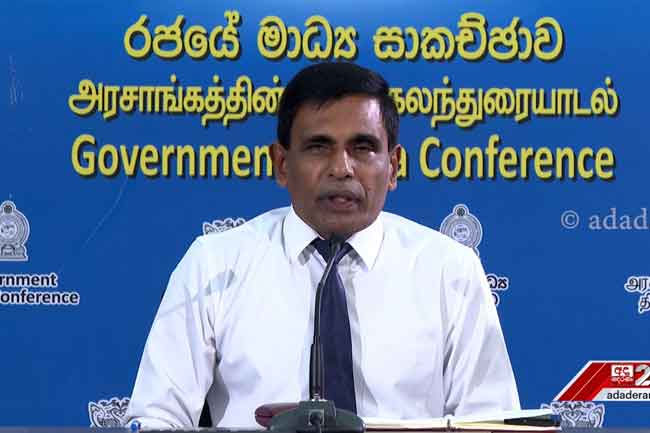Historical Context: Origins of the Parliamentary Privileges Act in Sri Lanka
The Parliamentary Powers and Privileges Act No. 21 of 1953, modelled on British parliamentary traditions, was enacted to protect the independence and functioning of Parliament. It grants MPs immunity for statements made in the House and empowers Parliament to act against contempt or obstruction.
Originally intended to safeguard legislative integrity, the Act has often been criticised for its broad and vague provisions, which allow Parliament to summon individuals—including journalists—and impose penalties for alleged breaches of privilege. This has created tension between parliamentary authority and the constitutional right to freedom of expression under Article 14 of the Sri Lankan Constitution.
Misuse Against Journalists: A Troubling History
Over the decades, the Act has been repeatedly used to intimidate journalists and suppress critical reporting:
- 1978 & 1980s: Several editors and reporters were summoned before the Privileges Committee for articles exposing corruption and misuse of power.
- 1992: The Sunday Times editor was threatened with privilege action for investigative reporting on parliamentary allowances.
- 2018: Journalists faced privilege complaints for reporting on parliamentary debates related to the constitutional crisis.
- January 2024: SLPP MP D. Weerasinghe announced plans to complain to the Privileges Committee over a Lankadeepa article, with then Speaker Mahinda Yapa Abeywardena supporting the move—sparking public outrage.
- Sarath Weerasekara Case: The former Minister used privilege to attack the Mullaitivu Magistrate, citing personal details, which was widely condemned as an abuse of power.
These actions have been criticised as attempts to stifle dissent and block the public’s right to know, contrary to democratic norms and media freedom.
The current Minister of Public Security should avoid repeating these mistakes. If a news report is inaccurate, the proper course is to pursue legal remedies—not to invoke parliamentary privilege, which risks eroding transparency and accountability.
©SLB
